
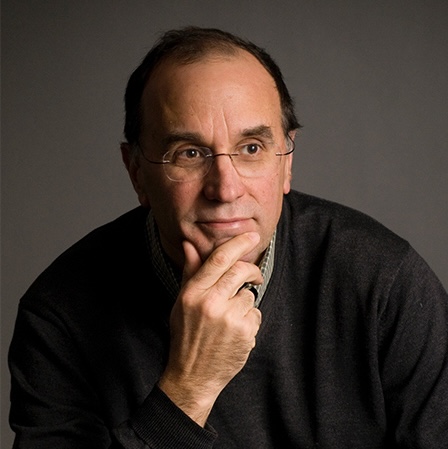
MICHAEL CIMA
David H. Koch Professor of Engineering, Faculty Director of the Lemelson-MIT Program
Dr. Michael J. Cima is the David H. Koch Professor of Engineering and a Professor of Materials Science and Engineering at the Massachusetts Institute of Technology and has an appointment at the David H. Koch Institute for Integrative Cancer Research. He earned a B.S. in chemistry in 1982 (phi beta kappa) and a Ph.D. in chemical engineering in 1986, both from the University of California at Berkeley. Prof. Cima joined the MIT faculty in 1986 as an Assistant Professor. He was promoted to full Professor in 1995. He was elected a Fellow of the American Ceramics Society in 1997. Prof. Cima was elected to the National Academy of Engineering in 2011. He now holds the David H. Koch Chair of Engineering at MIT. He was appointed faculty director of the Lemelson-MIT Program in 2009 which is a program to inspire youth to be inventive and has a nationwide reach. In 2018, Cima was named a co-director of MIT’s Innovation Initiative and the associate dean of innovation for the School of Engineering.
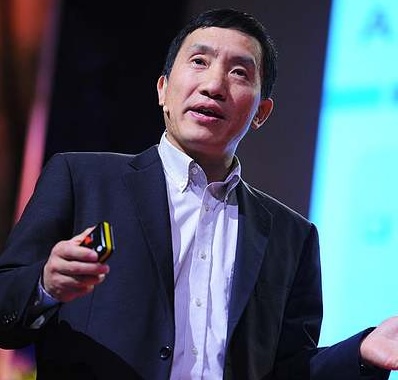
YASHENG HUANG
Epoch Foundation Professor of International Management, MIT Sloan School of Management
Yasheng Huang is the International Program Professor in Chinese Economy and Business and a Professor of Global Economics and Management at the MIT Sloan School of Management. He is also an Associate Dean at MIT Sloan School of Management. Huang founded and runs the China Lab and the India Lab, which aim to help entrepreneurs in those countries improve their management skills. He is an expert source on international business, political economy, and international management. In collaboration with other scholars, Huang is conducting research on human capital formation in China and India, entrepreneurship, and ethnic and labor-intensive foreign direct investment (FDI). Prior to MIT Sloan, he held faculty positions at the University of Michigan and at Harvard Business School. Huang also served as a consultant to the World Bank.
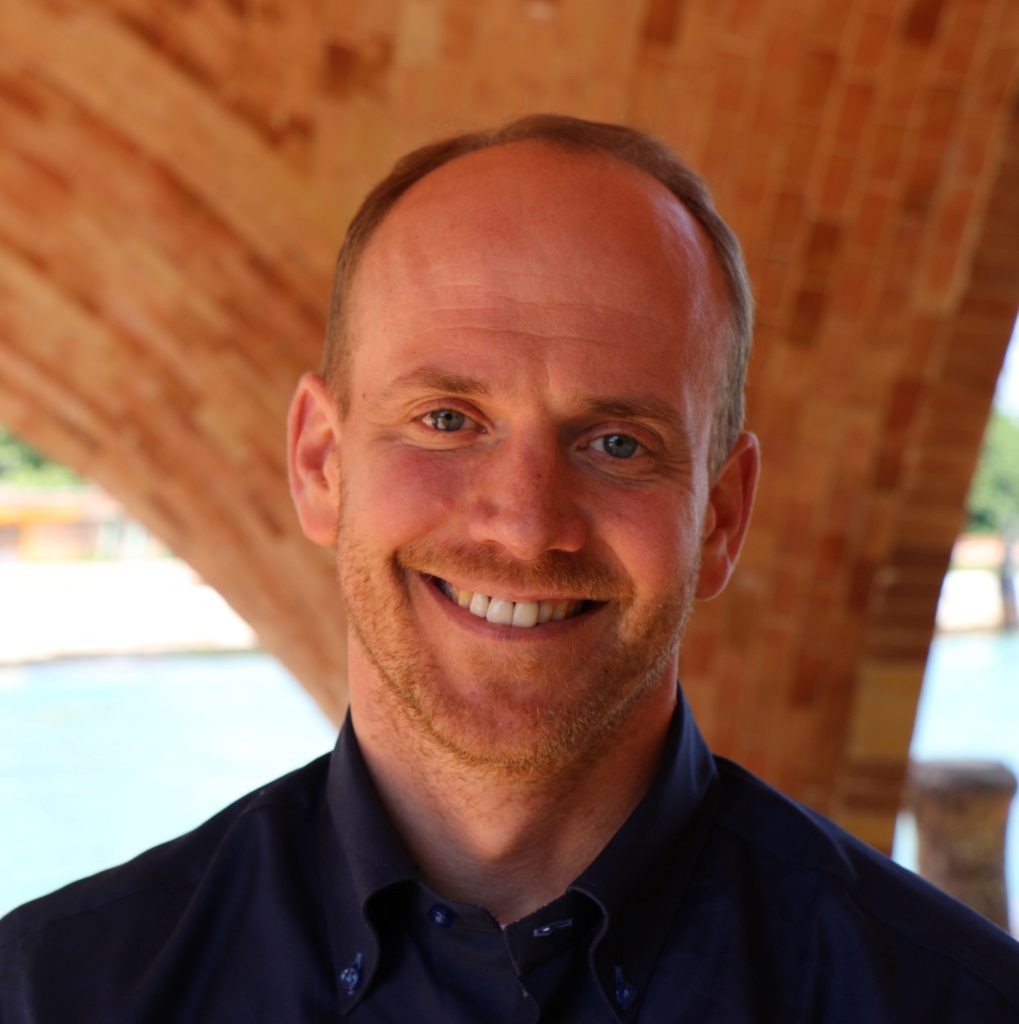
JOHN OCHSENDORF
Class of 1942 Professor; Professor of Architecture; Professor of Civil and Environmental Engineering; MacVicar Faculty Fellow
John Ochsendorf is an engineer, educator, and designer on the MIT faculty since 2002. Trained at Cornell, Princeton, and the University of Cambridge, he is known for creative research at the intersection of structural engineering and architecture. Ochsendorf and his students have contributed to numerous design projects, including the Mapungubwe Interpretive Centre, the Sean Collier Memorial, several projects at the 2016 Venice Biennale of Architecture, and multiple sculptures with leading artists. He served as the Director of the American Academy in Rome from 2017-2020, and as the founding director of the MIT Morningside Academy for Design since 2022.
Ochsendorf was awarded a Fulbright fellowship to Spain (2000), a Rome Prize from the American Academy in Rome (2007), and a MacArthur Fellowship from the John D. and Catherine T. MacArthur Foundation (2008). At MIT, he was named a MacVicar Fellow in 2014 for exceptional teaching and received the Gordon Y. Billard Award for exceptional service in 2016.
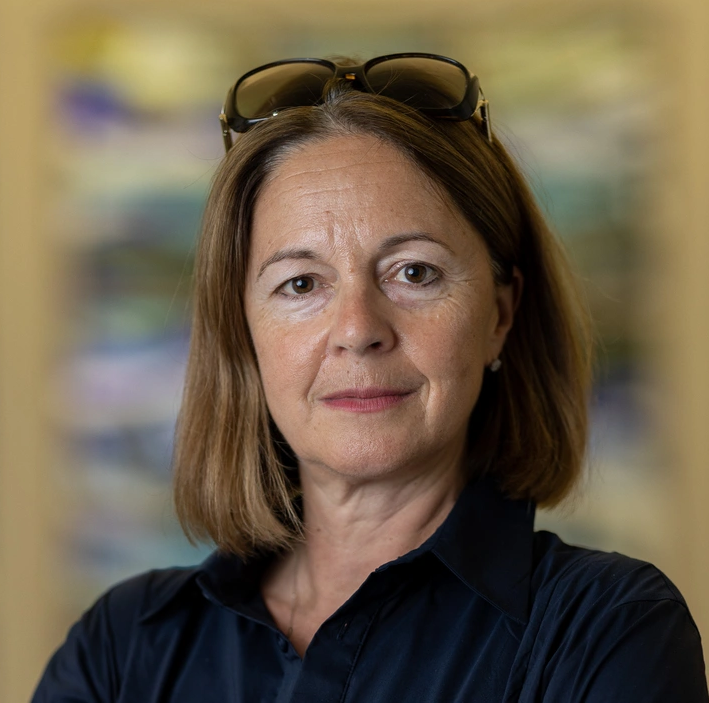
FIONA MURRAY
Associate Dean for Innovation, MIT Sloan School of Management William Porter (1967) Professor of Entrepreneurship, Co-Director, MIT Innovation Initiative Faculty Director, MIT Legatum Center for Development & Entrepreneurship
Professor Fiona Murray is the Associate Dean of Innovation at the MIT Sloan School of Management, the William Porter Professor of Entrepreneurship and is Co-Director of the MIT Innovation Initiative. She is also an associate of the National Bureau of Economic Research. She is an international expert on the transformation of investments in scientific and technical innovation into innovation-based entrepreneurship that drives jobs, wealth creation, and regional prosperity. She has a special interest in entrepreneurship, the commercialization of science and the economics of entrepreneurship and innovation. She has done extensive work with entrepreneurs, governments, large corporations and philanthropists designing and evaluating the policies and programs that shape vibrant entrepreneurial ecosystems: prizes competitions, accelerators, patent licensing rules and proof of concept funding programs. Murray has taught and published extensively on fostering cultures that bridge scientific innovation and entrepreneurship, building effective entrepreneurial strategies for science-based businesses (in biotech and biomedical companies and recently, clean energy), and evaluating the commercial potential of novel scientific ideas. Closely tied to real world problems, Murray works with public policy makers and entrepreneurs designing and evaluating the policies and programs that shape vibrant entrepreneurial ecosystems: prizes competitions, accelerators, patent licensing rules and proof of concept funding programs.
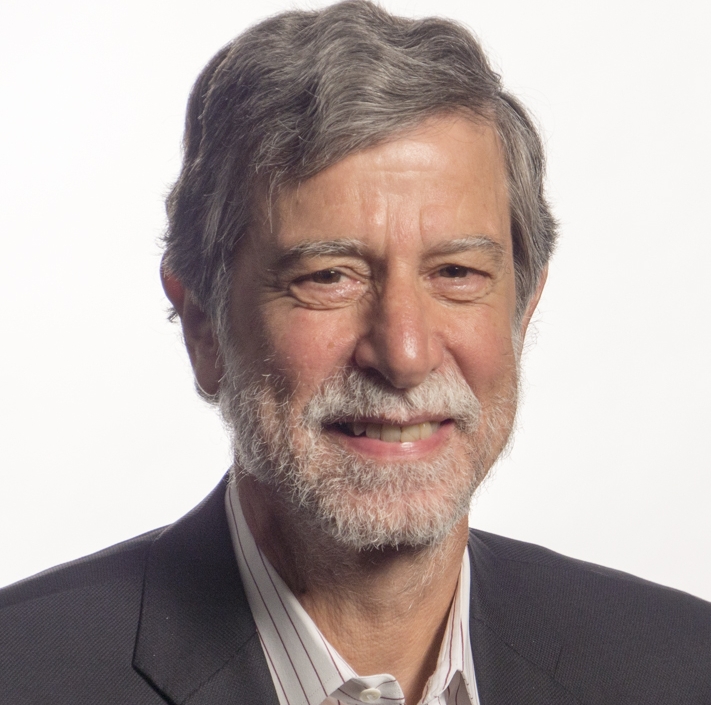
CHARLES SODINI
Faculty Director, MIT Hong Kong Innovation Node Lebel Professor of Electrical Engineering and Computer Science
Charles G. Sodini received the B.S.E.E. degree from Purdue University in 1974 and the M.S.E.E. and the Ph.D. degrees from U.C. Berkeley in 1981 and 1982. Charlie was a member of the technical staff at HP Laboratories from 1974 to 1982 then joined the EECS faculty at MIT in 1983. His research interests are focused on low-power medical electronic systems for monitoring and imaging. Dr. Sodini was a co-founder of SMaL Camera Technologies and has served on a variety of IEEE Conference Committees, including IEDM where he was the 1989 General Chairman. He has served on the IEEE Electron Device Society Administrative Committee and was president of the IEEE Solid-State Circuits Society from 2002-2004. He serves on a variety of industry boards and is a Fellow of the IEEE. Most recently, Dr. Sodini founded and leads the Medical Electronic Device Realization Center (MEDRC); which works to establish a partnership among the microelectronics industry, the medical devices industry, medical professionals, and MIT. Working together, MEDRC seeks improvements in the cost and performance of medical electronic devices similar to those that have occurred in personal computers, communication devices and consumer electronics using advanced technology with wireless sensors.
